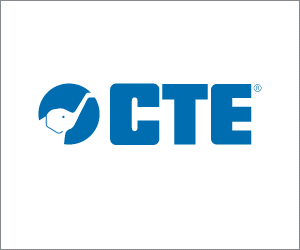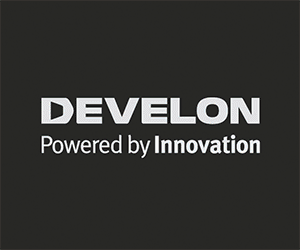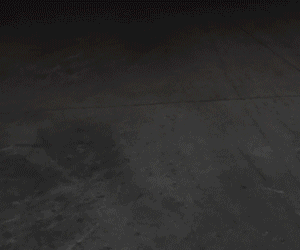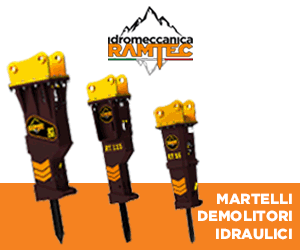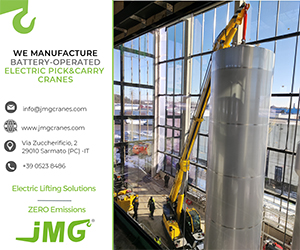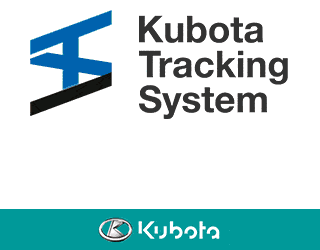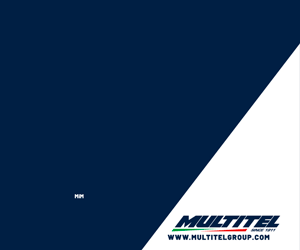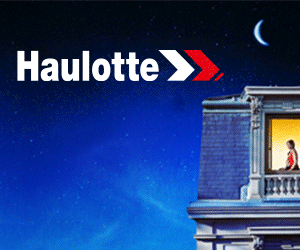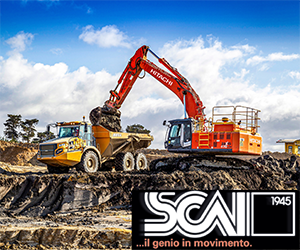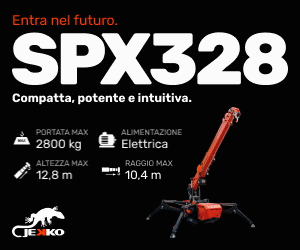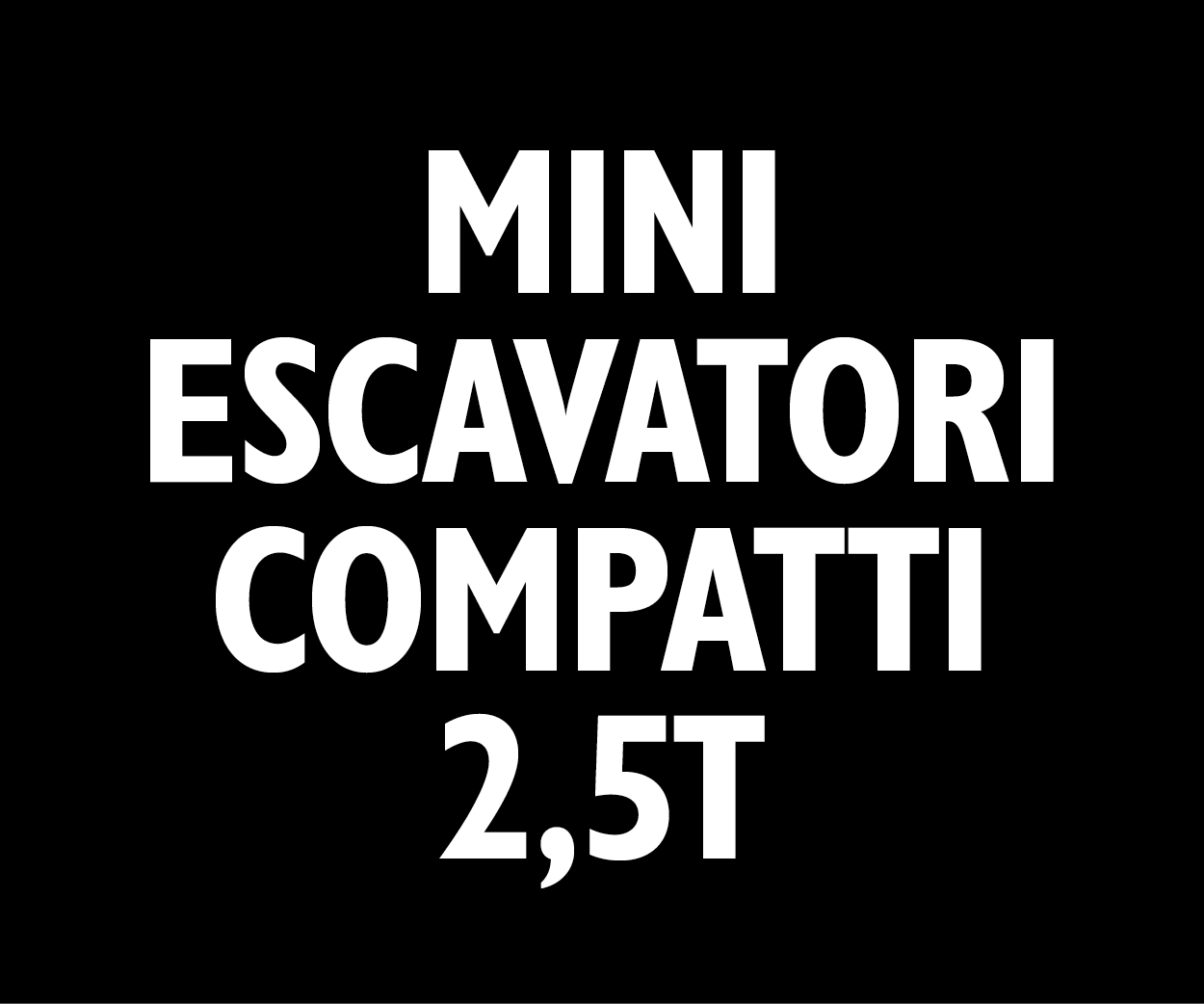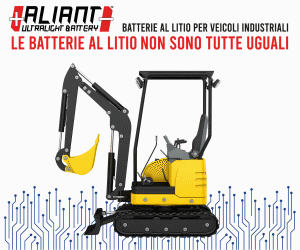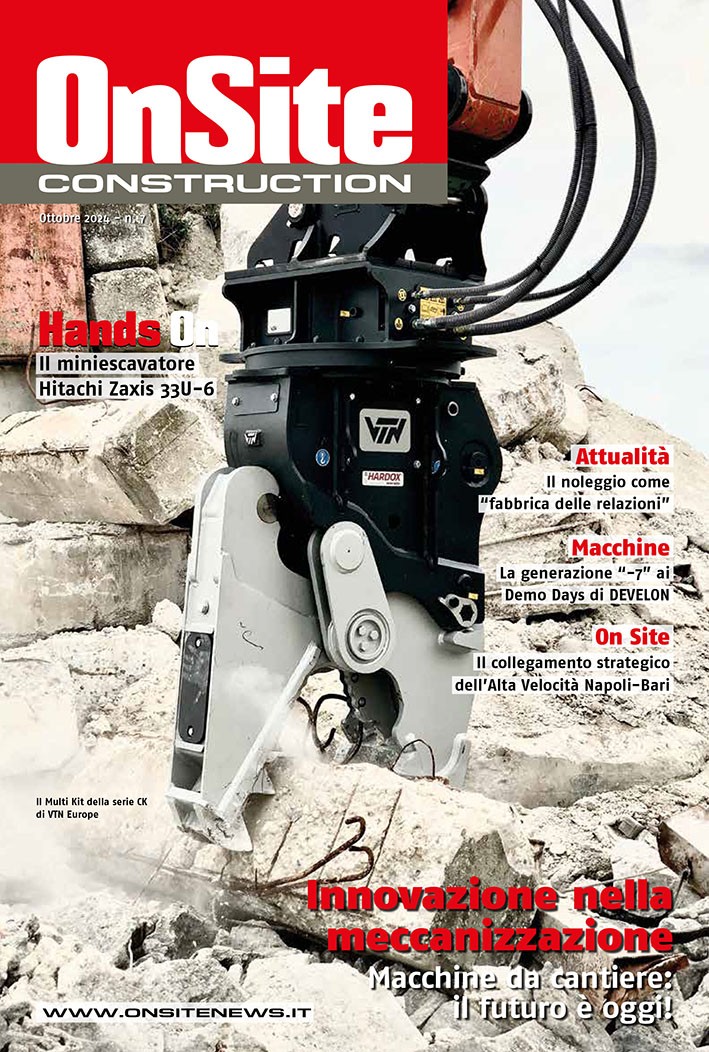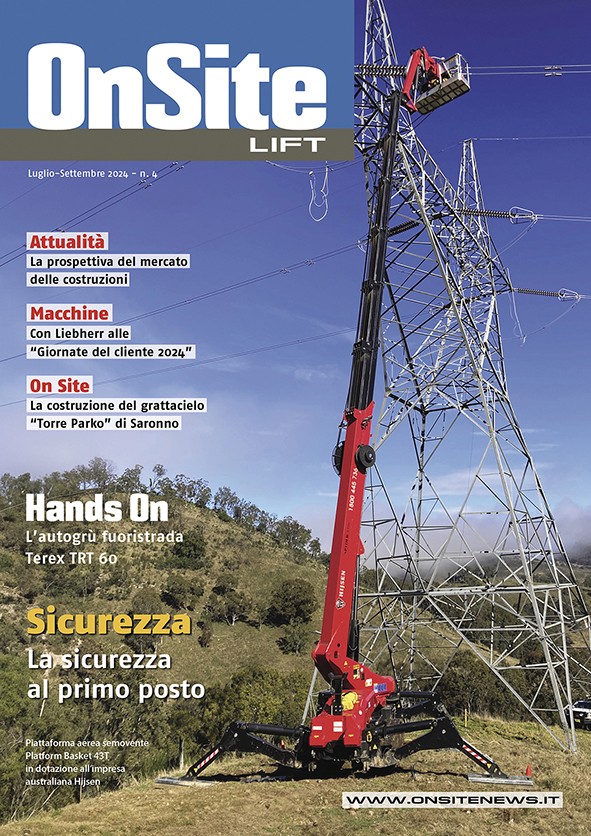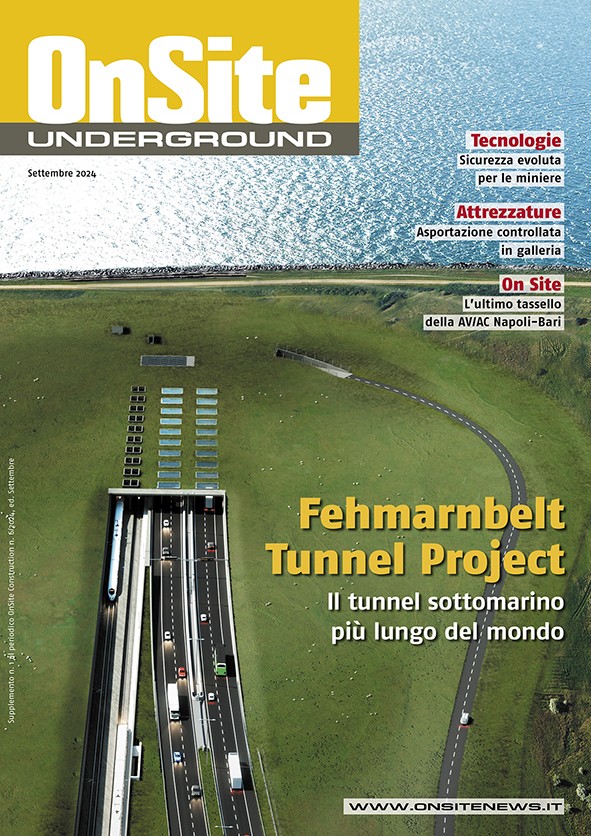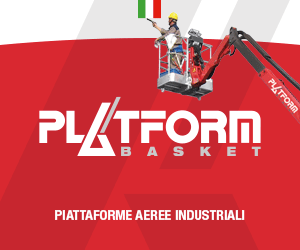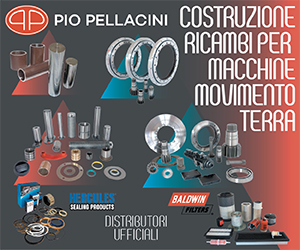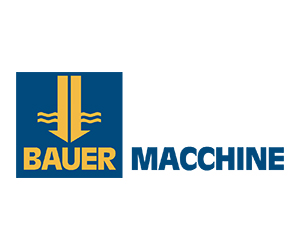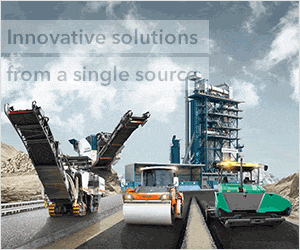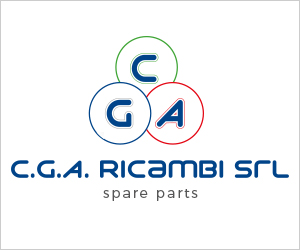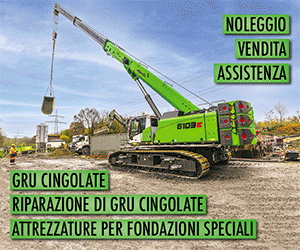Home \ International \ Dike remediation for potash production in Jordan
Dike remediation for potash production in Jordan
20/06/2019
Pubblicato da Redazione

Bauer International FZE, subsidiary of Bauer Spezialtiefbau GmbH, has been contracted to construct a total of 112,000 m² of cut-off wall with embedded sheet piles over a length of 4.2 km
Amman, Jordan – The term "potash" is still colloquially used to refer to various salts containing the element potassium. Potassium is the seventh most abundant element in the earth's crust and is found mainly in heavy soils and seawater.
The name "potash" comes from the old method of obtaining potassium salts by soaking wood ash in water and evaporating the resulting solution in pots. As one of the three major components of fertilizers, potassium increases crop yields and improves plant resilience.
Roughly 90% of the potassium salt produced in the world is used for fertilizers. In many regions of the world, potassium salts are extracted from large underground deposits left behind by dried-up prehistoric seas. The Dead Sea is also a rich source of potassium salt. The Arab Potash Company in Jordan uses this natural resource as the basis for the production of potash. For this purpose, salt water from the Dead Sea is pumped into large earth basins, where the much sought-after potash is created by evaporation.
Bauer International FZE, subsidiary of Bauer Spezialtiefbau GmbH, has been contracted to construct a total of 112,000 m² of cut-off wall with embedded sheet piles over a length of 4.2 km adjacent to a main perimeter dike for the purpose of limiting seepage through the said dike and retain the brine in the related solar pond. The 600 mm wide cut-off wall will be installed at depths between 18 and 30 m. The project owner is
Arab Potash Company, Jordan, and the Engineer is Royal Haskoning DHV, Netherlands. The subsoil presents a special challenge: "Because of the unique location right on the Dead Sea, the soil is mostly made up of salt, and the groundwater is completely saturated with salt", says Hassan Farhat, project manager at Bauer International FZE.
The project team is using two Bauer cutters, a BC 40 and a BC 30, as well as a grab. Additionally, a total of 790,000 m³ of soil must be moved in order to widen the dike. The project is expected to take 20 months and is scheduled for completion in August 2020.

Ultime notizie di Bauer Macchine Italia
Perforation
30/09/2024
Bauer Spezialtiefbau modernizes John Hart Dam in Canada
Improvement of downstream public safety and facility reliabi...
Perforation
18/07/2024
Bauer secures port project in Scottish town of Ardersier
Bauer constructs diaphragm walls up to 42 m deep and anchor...

Perforation
05/12/2023
Bauer relies on full e-power during Dutch infrastructure project
Innovative electric drill rig from Klemm in operation for th...

Perforation
04/11/2023
Bauer India constructs the deepest diaphragm wall element
Bauer India constructs the deepest diaphragm wall element du...

Perforation
27/10/2023
Klemm Bohrtechnik GmbH celebrates double anniversary
This year, Klemm Bohrtechnik GmbH is celebrating two anniver...

Perforation
26/09/2023
Brownfield Remediation from A to Z on Berlin Airport Grounds
Alongside the operations building, they also needed to disma...
Altri International
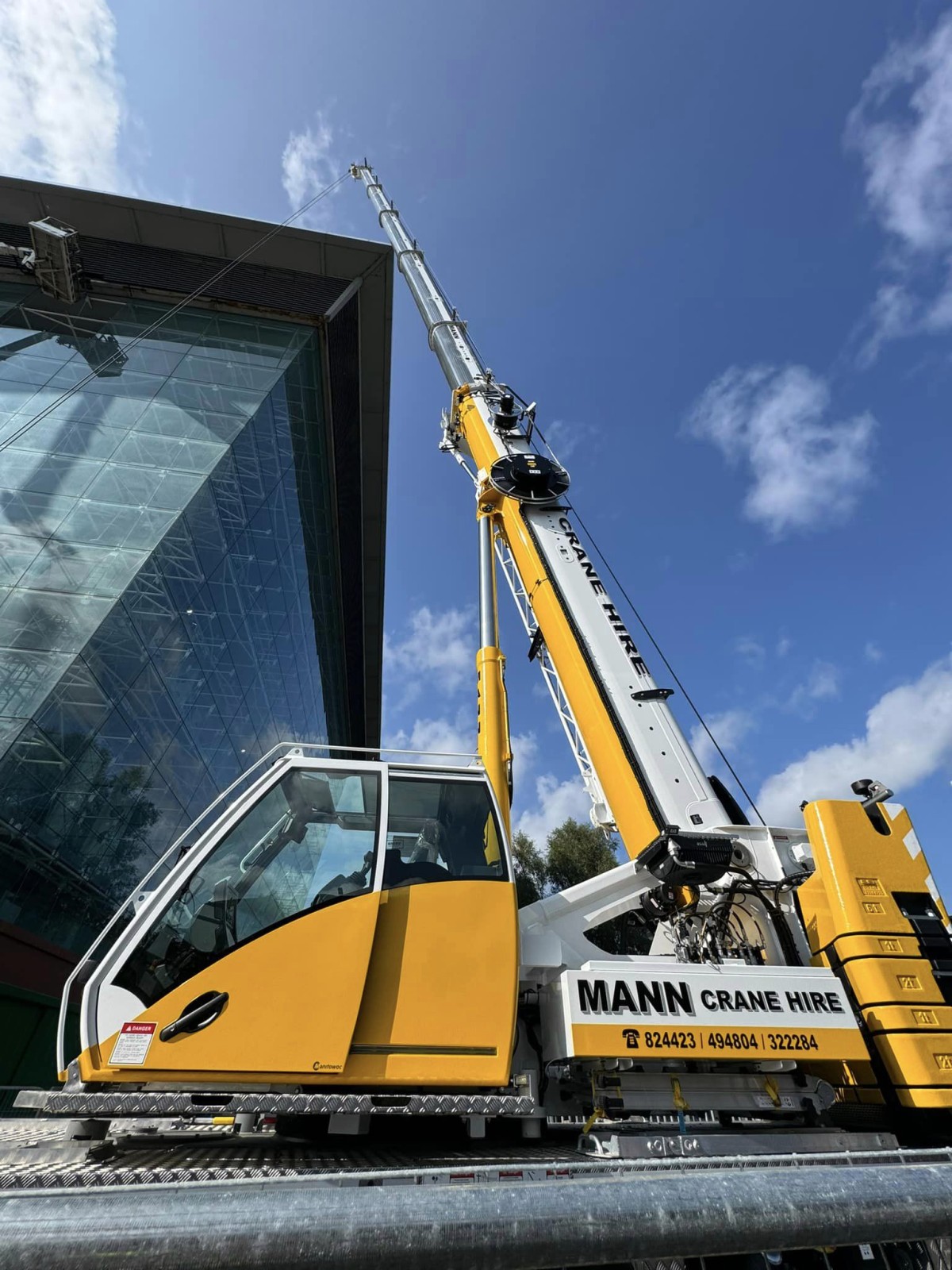
International
25/11/2024
New Grove GMK3060L-1 drives busy schedule for Mann Crane Hire
• Mann Crane Hire selected the GMK3060L-1 for its class-lead...

International
25/11/2024
Prinoth Unveils Expanded Production Facility in Granby, Canada
Prinoth held an event to announce the official opening of it...
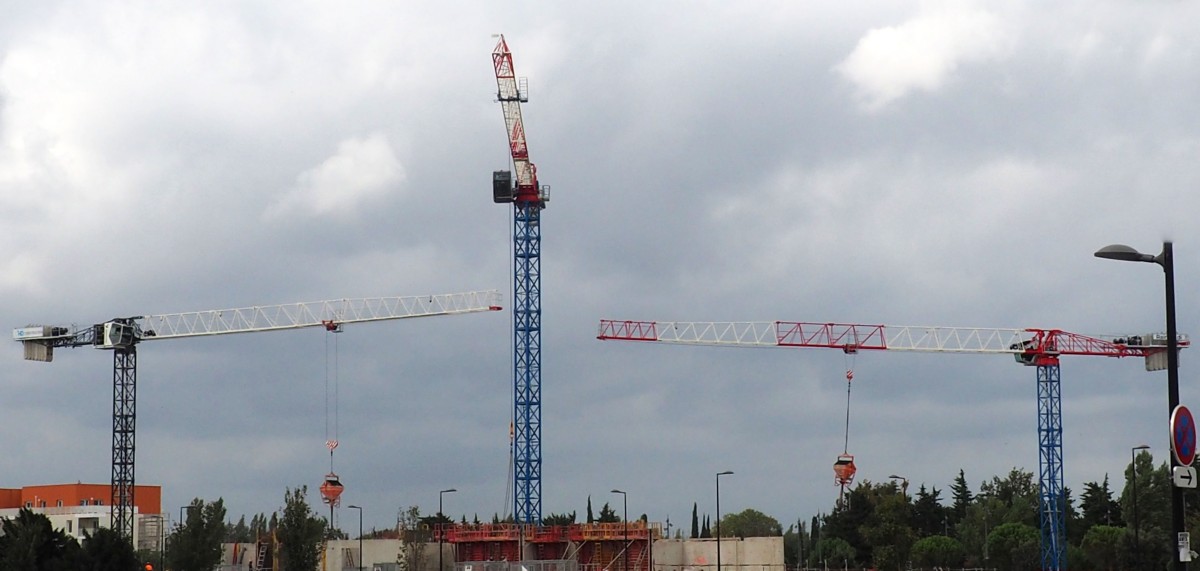
International
23/11/2024
GPMat International takes delivery of two Raimondi T147s residential development in the South of France
- Official agent of France expands its product lineup with t...
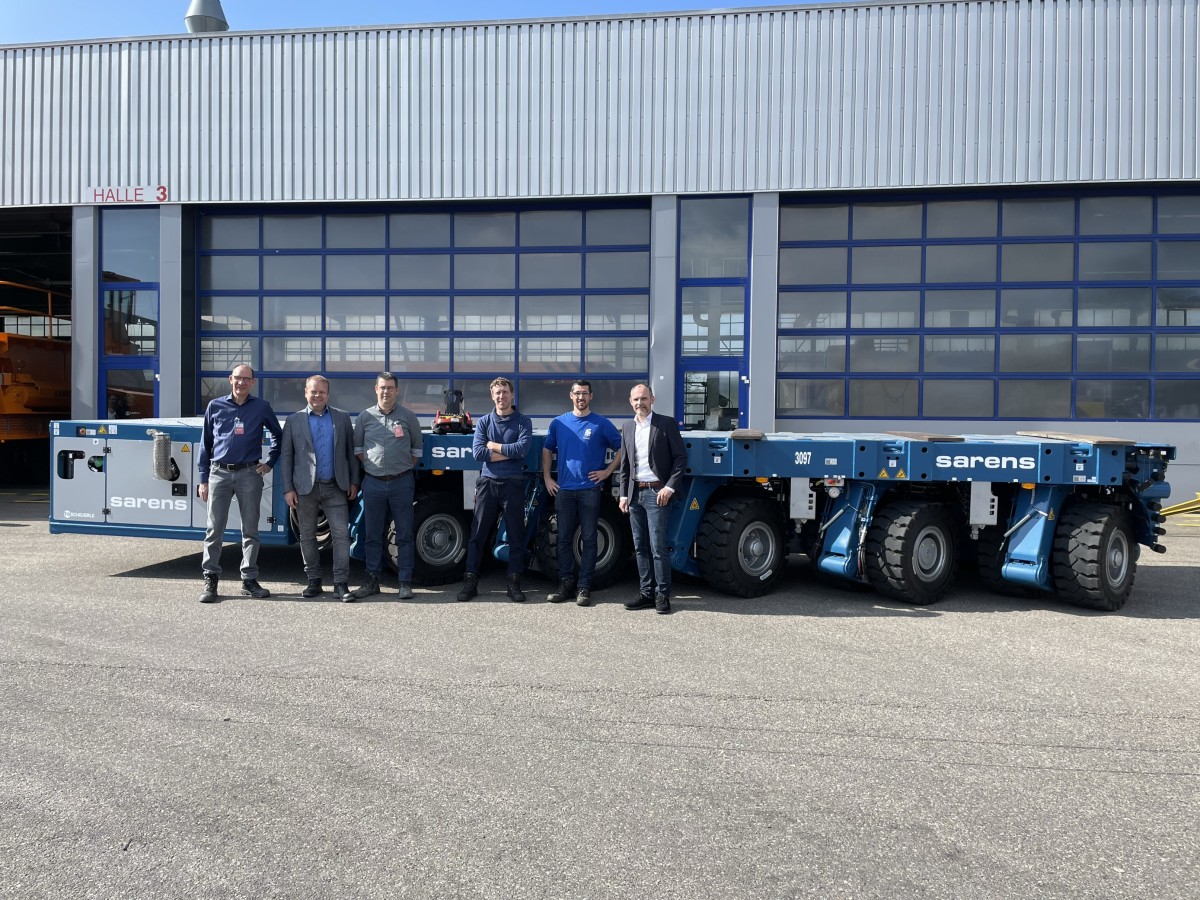
International
22/11/2024
Sarens acquires additional SCHEUERLE SPMT K24 modules
renowned for its expertise in crane rental services, heavy l...
International
22/11/2024
Five WOLFF cranes modernize Oslo’s Ulven district
With a total of five WOLFF cranes of type 7534.16 Clear, Wol...
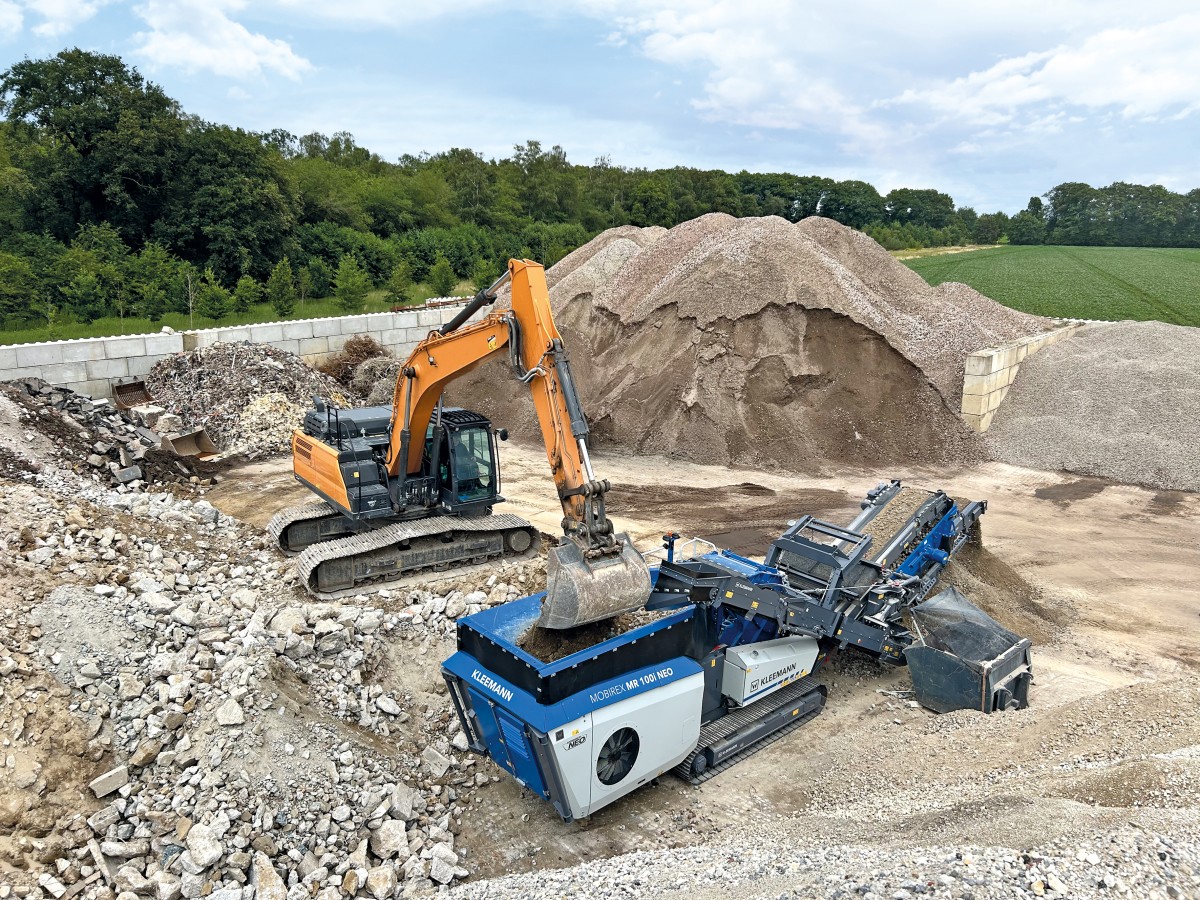
International
21/11/2024
Kleemann: New compact crusher used for recycling
Impact crusher MOBIREX MR 100i NEO impresses during operatio...











